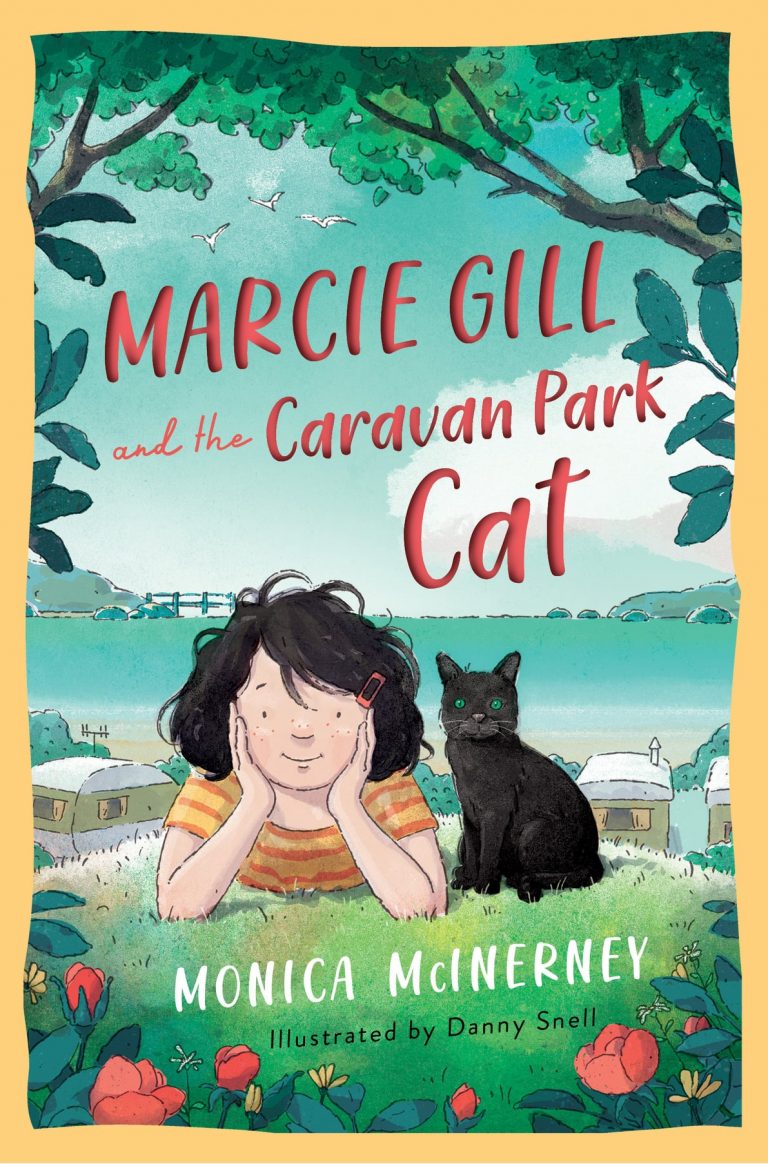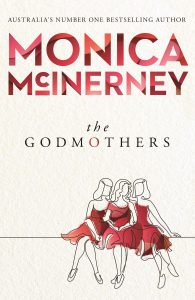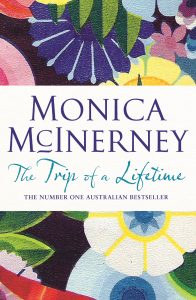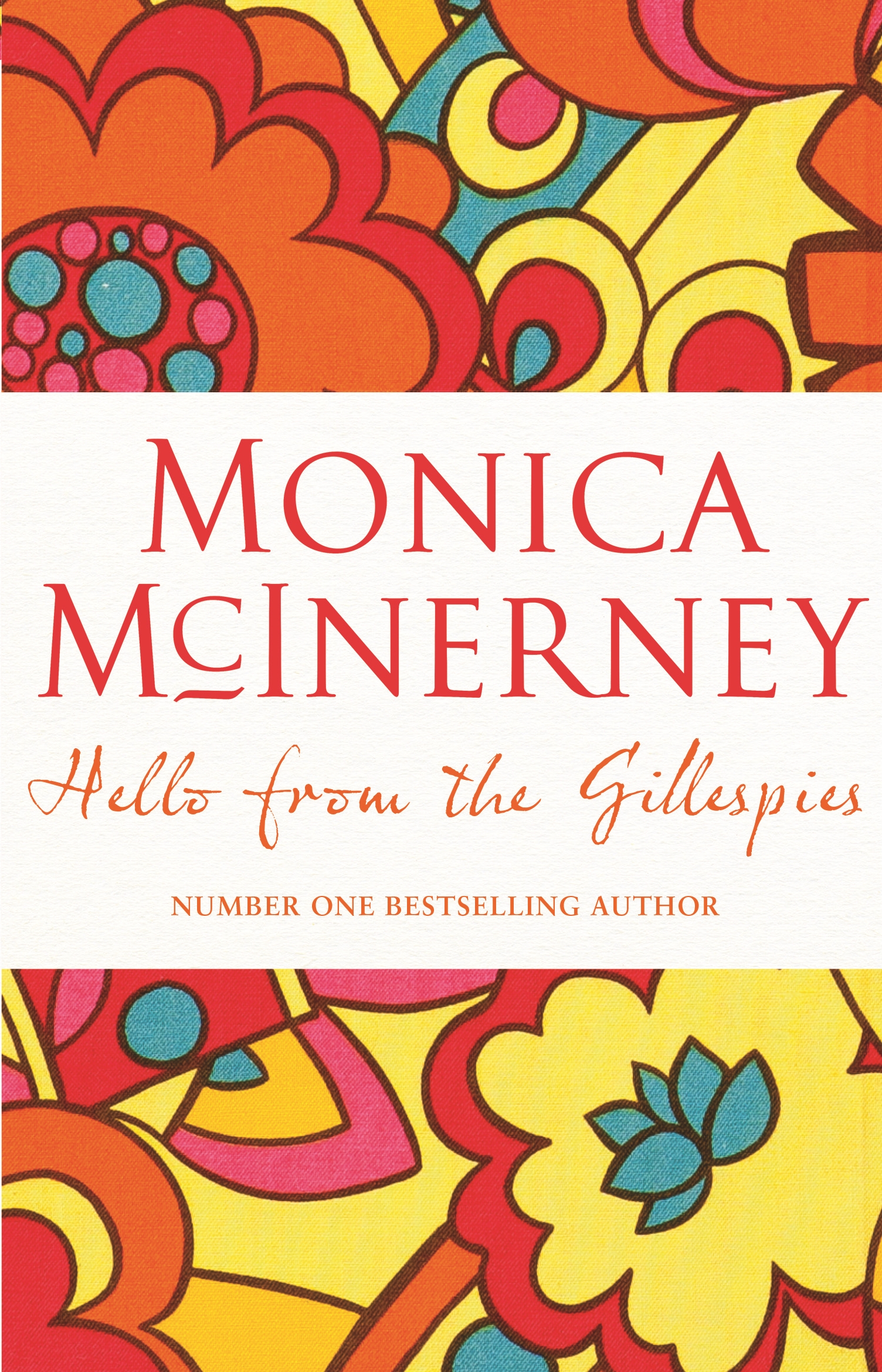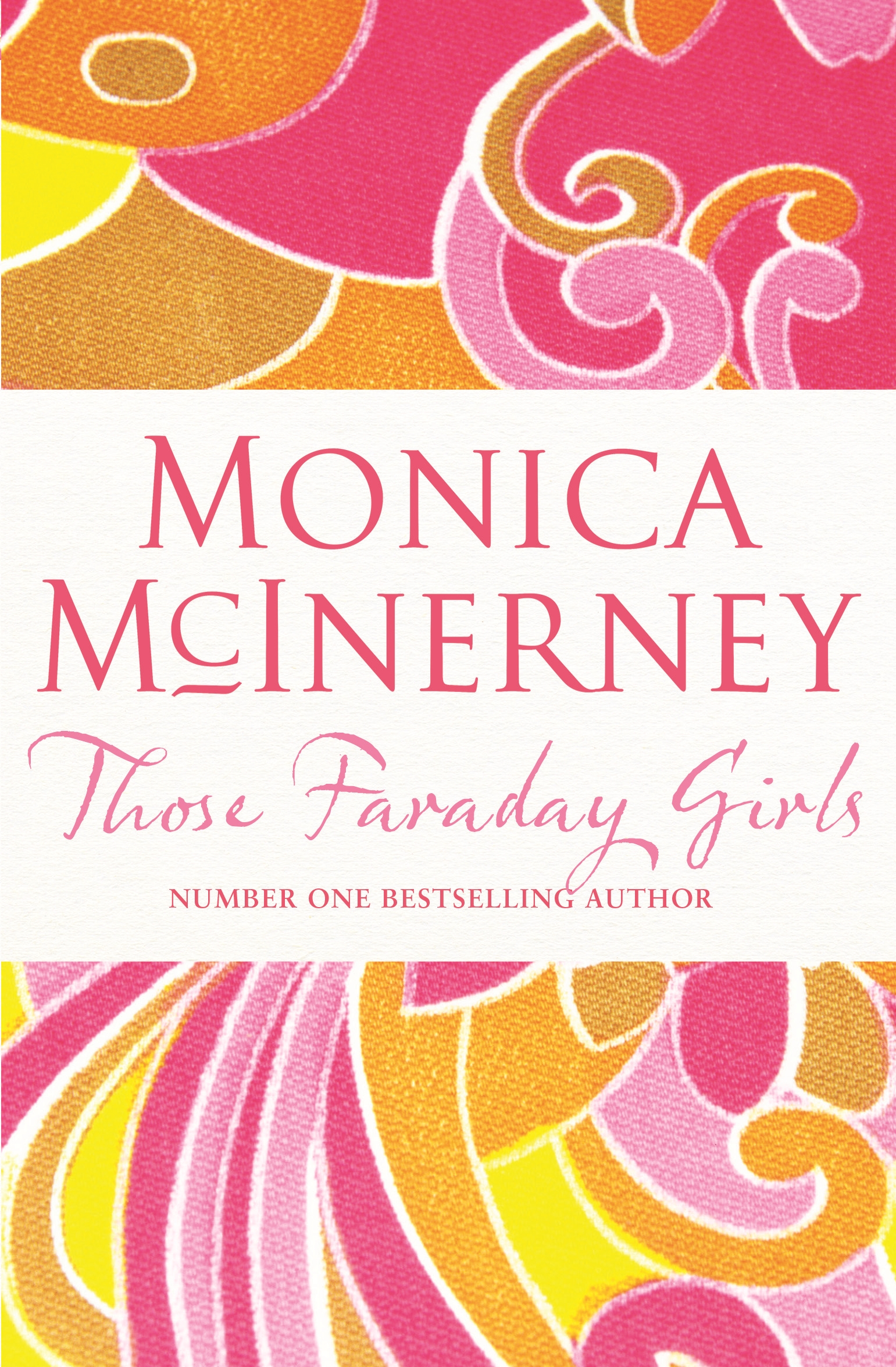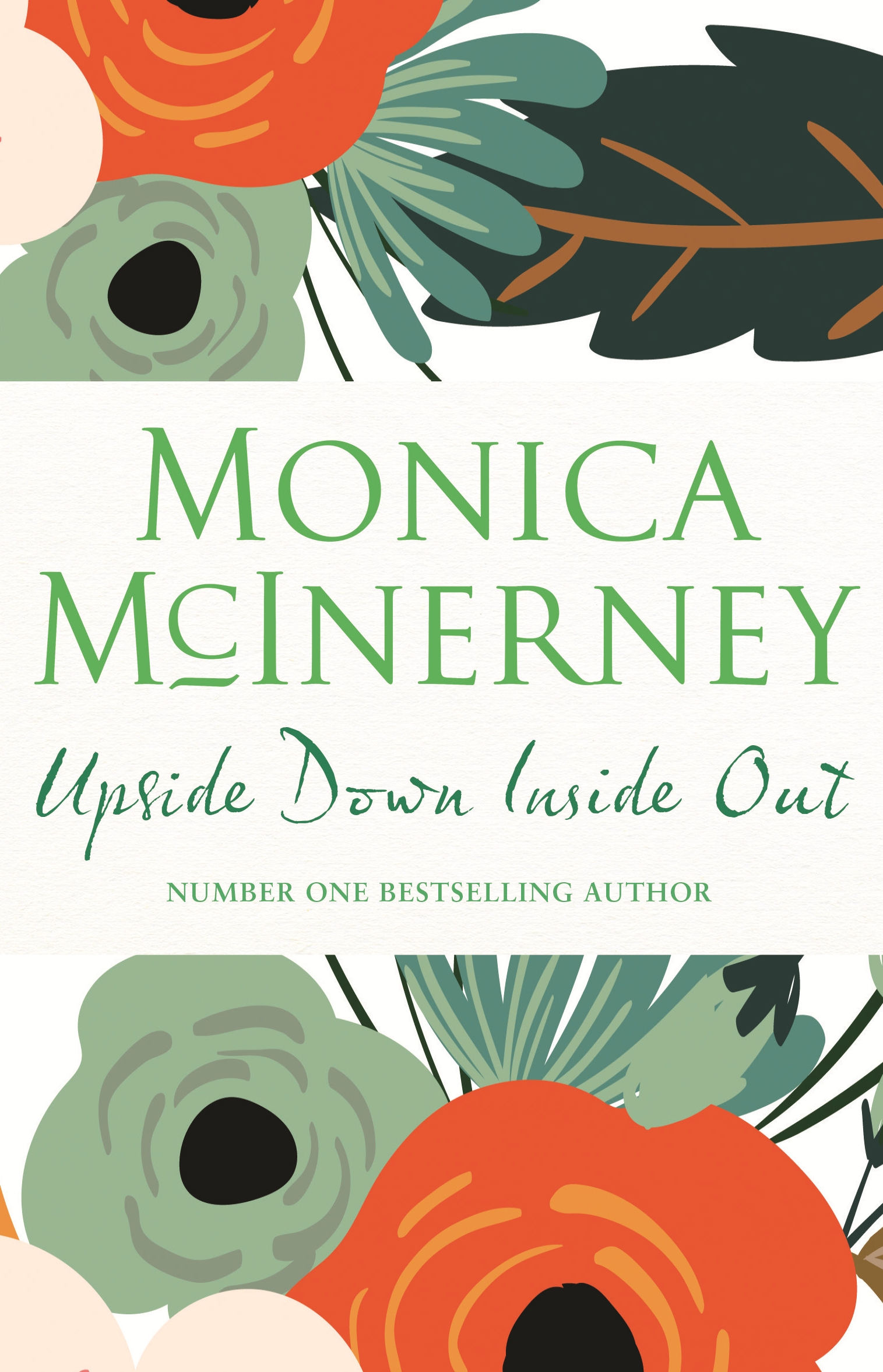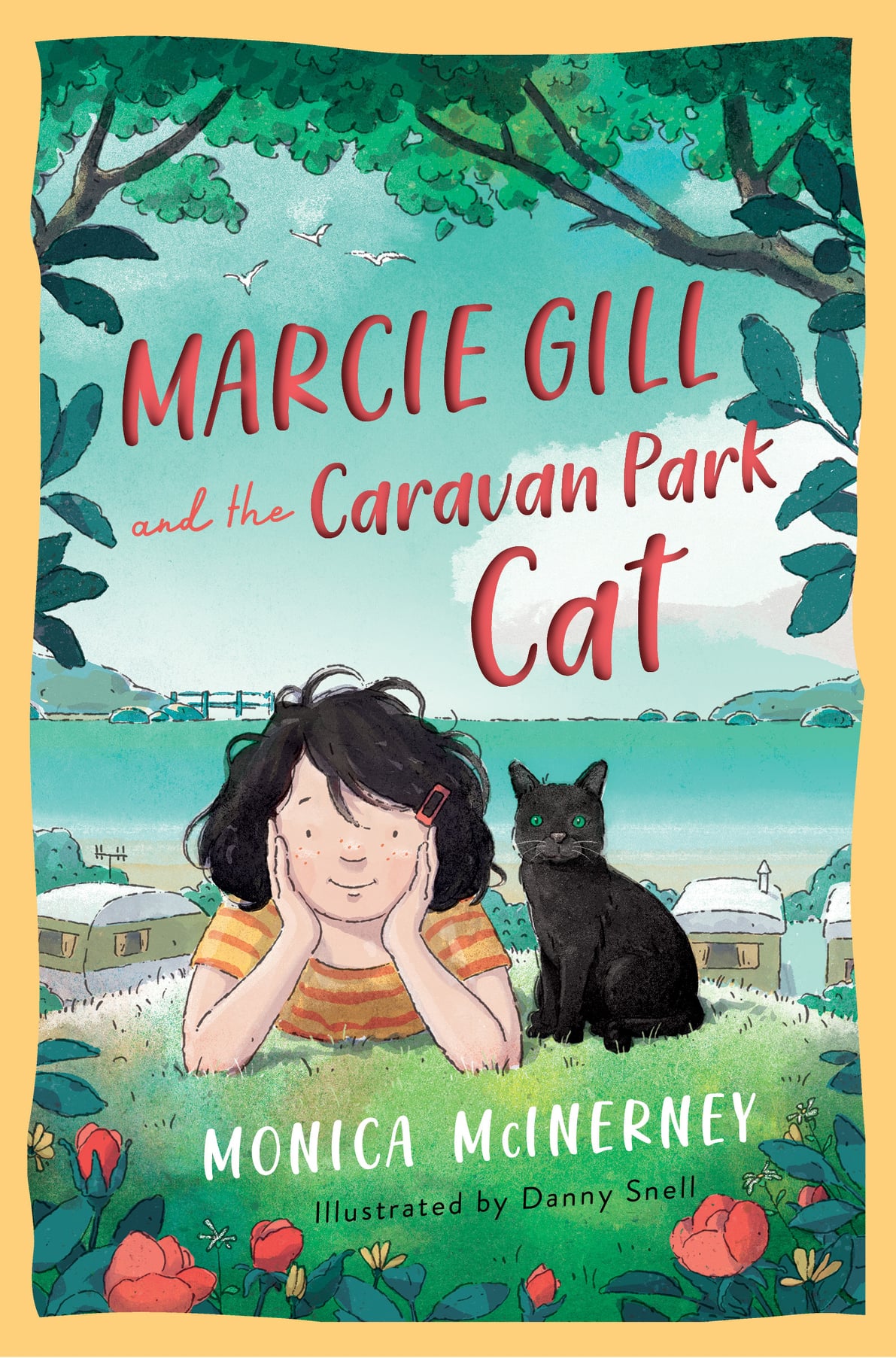In Defence of Christmas Letters
I was ten when I first read a Christmas round-robin letter. My eyes widened at the writer’s account of her family’s exam successes, sporting triumphs, job promotions and exotic holidays. Did such a perfect family exist? How were they able to do everything so brilliantly, be so successful, get on so well?
And how come my family was the complete opposite?
I was the middle of seven children, living in a small country town in South Australia. Every festive season, the letters arrived in our house from all over the world. I would seize upon them and read snippets aloud to my mother in an envious tone.
‘Mrs Kaufmann’s daughter got straight As and won a horse-riding cup.’
‘I don’t think they even have a horse,’ Mum would say.
‘Mrs Carmody and her husband have just celebrated their thirtieth wedding anniversary and have never been happier.’
‘They’ve been fighting like cat and dog since their wedding day,’ Mum said.
‘The letters aren’t true?’ I remember asking in amazement.
‘Possibly not,’ Mum said cryptically.
By the time I was a teenager, I’d come to realize that what people wrote in their Christmas letters might not necessarily be the whole truth. In fact, I found their stories so entertaining that, in partnership with my younger sister, I’d begun writing an annual parody, The McInerney Report, filled with fictional tales about all nine members of my own family. Written in a suitably breathless tone, it detailed our selfless charity work, our glittering careers, our adventurous travel.
Eventually we stopped producing our McInerney Reports, but around the world, end-of-year family letters continue to be written and sent out, more often by email now than by post. Some people dismiss them, some even ridicule them. For me, though, they remain as fascinating as they were when I was a child. My new novel, Hello from the Gillespies, is all about what happens when Angela Gillespie, wife of Nick, mother of four children, accidentally sends out a 100% honest Christmas letter. And I still ask myself the question I asked back when I was a child: why do people write them?
Pre-internet days, it was easier to answer that question. The Christmas letter was a way of staying connected with distant friends and family, a once-a-year round-up of personal news. These days, we drip-feed information about our lives all year long, via Facebook, Twitter, texts, blogs. We also edit as we go, choosing the best photo, the best anecdote. Very few of us post photos of ourselves on Facebook looking less than our best.
Why do we feel this need to share so much about ourselves, much of it polished to perfection? Is it to give ourselves something to aspire to? To convince ourselves that if we try really hard, harder than we already do, a perfect life might be possible? Our marriages might be blissful? Our children happy and successful? Our jobs fulfilling?
The late British journalist Simon Hoggart had an annual tradition of inviting readers to send him copies of the worst round-robin letters they had received. He produced columns of what he decided were the most cringe-worthy highlights. He even published a trio of books, with extracts arranged into mocking subject headings: ‘The Sin of Smug Self-Satisfaction’, ‘The Peccadillo of Proud Parenthood.’
I used to be a member of the sneering brigade myself, but not anymore. Perhaps it’s because I now know the truth behind many of the letters my parents received over the years. I’ve learned that the families who wrote the most cheerful and optimistic letters were often the ones hiding the most heartache and disappointment. More often than not, I find the letters heartbreaking, not hilarious. There is something innocent, even sweet, at the heart of them. Yes, some may appear boastful but even they are a testament to the very human urge to put the best foot forward, to hope for the best. I think that’s something to be celebrated, not mocked.
Every day, most of us get up, put on our best face, head out into the world, even if inside we may be filled with self-doubt, wanting nothing more than to stay under the covers. It’s no coincidence that these letters – filled with glories from the past and hopes for the future – are sent out during December. Christmas has always been the time we try to be the best versions of ourselves – generous, high-spirited, unselfish. It’s the time we look back on our achievements, hoping we did the best we could. Look forward to the new year, hoping things might get better. The time we are forced into each other’s company. It’s the perfect time to tell ourselves the stories we want to hear.
So to all of you who write Christmas round-robin letters, I say – please keep them coming. Exaggerate if you have to, if it makes you feel better, if it keeps you going from year-to-year. If nothing else, you’ll entertain your readers. And may I ask one big favour? Can you please add me to your mailing list?
